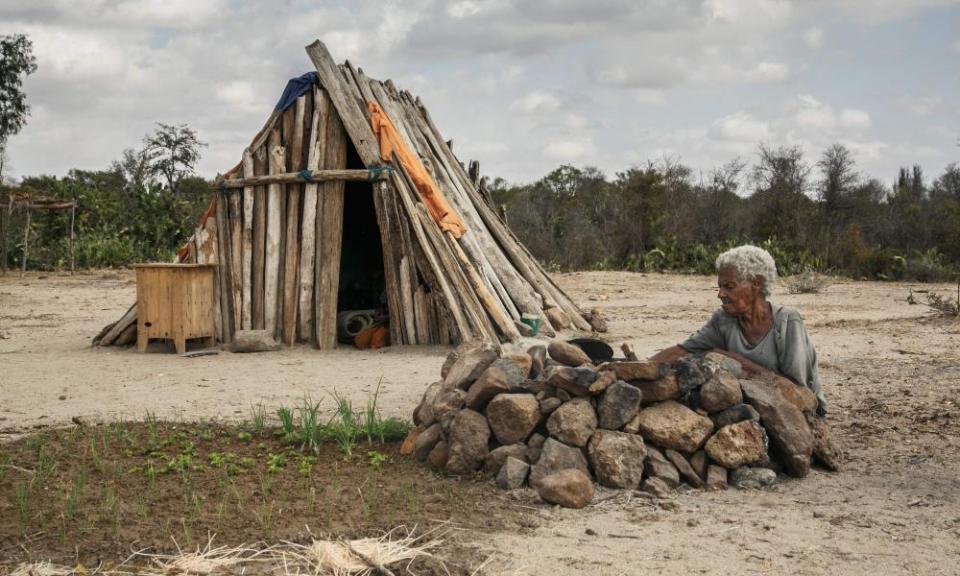Poverty, not climate breakdown, caused Madagascar’s food crisis, finds study

Poverty and a heavy reliance on annual rains are the key factors behind the devastating food crisis in southern Madagascar not climate breakdown, a new study finds.
A million people in the region are struggling for food following the worst drought in 30 years. But the scientific analysis did not show a convincing link to global heating, despite the World Food Programme describing it as the “world’s first climate-induced famine”.
The researchers said their work nonetheless highlighted the “moral imperative” to reduce poverty and improve infrastructure in places that would suffer increasingly extreme weather as global heating mounted.
Previous analyses have shown clearly that the climate emergency has made severe heatwaves much more likely. Global heating is also increasing the risk of more complex events, such as droughts and floods, but it is harder to separate the influence of heating of these from natural variability, which is high in Madagascar.
In two consecutive rainy seasons in southern Madagascar rainfall has been 40% below average, causing severe drought, crop failures and a humanitarian crisis, with tens of thousands of people facing famine. More than 90% of people in the region live in poverty and farmers rely on each season’s rain rather than on stored water and irrigation.
Infestations of migratory locusts and fall armyworms have made the crisis even worse, while Covid-19 restrictions have stopped people seeking work elsewhere in the country, as they have during previous difficulties.
Maarten van Aalst, director of the Red Cross Red Crescent Climate Centre and part of the 20-strong scientific team behind the study, said: “This event in Madagascar shows that in many cases we are not even prepared for today’s climate.”
Piotr Wolski, at the University of Cape Town, South Africa, said: “Even though we do not clearly see the role of anthropogenic climate change in this particular event, similar events will happen in the future, and will more likely be exacerbated rather than alleviated by climate change.
“Adapting and reducing vulnerabilities to such events is a moral imperative that should not be frustrated by inherent uncertainties of climate change projections or statistical analyses.”
The researchers assessed the influence of global heating on the Madagascan drought using weather records, climate projections and computer models. This enabled them to compare the likelihood of the event in today’s world, already 1.2C hotter, with the likelihood in a world in which no human-caused global heating has happened at all.
They found rainfall in the region is highly variable and that the drought had a one in 135 chance of occurring in a given year in today’s climate. Global heating might have slightly increased the likelihood of the drought but the effect was not statistically significant.
Friederike Otto, at Imperial College London, UK, said: “While our analysis cannot exclude that human-caused global warming may have made a small contribution to the lack of rain, we cannot separate this signal from the generally high natural variability of the region.”
Previous research indicates that perceptible changes in drought due to global heating will only emerge in this region if the global temperature exceeds 2C above pre-industrial levels.
Similar analyses have shown that the heatwave that scorched western North America this year would have been “virtually impossible” without the climate crisis and that the deadly flooding across Germany and Belgium in July was made up to nine times more likely by such changes.

 Yahoo Finance
Yahoo Finance 